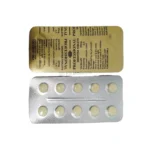
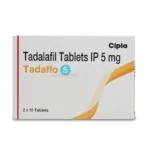
HCQS 200mg Hydroxychloroquine Tablet
$40.00 – $94.00Price range: $40.00 through $94.00
| Tablet | Price: | Price/unit | Quantity | Add To Cart |
|---|---|---|---|---|
| 90 Tablets | $40.00 | $0.44 /unit | ||
| 180 Tablets | $72.00 | $0.40 /unit | ||
| 270 Tablets | $94.00 | $0.35 /unit |
Want to order in bulk / B2B price ? | Send Inquiry |
| SKU | GEM298 |
| Manufacturer | Ipca Laboratories Ltd |
| Categories | Erectile Dysfunction |
| Delivery Time | 10 - 14 Working Days |
| Strength | 200mg |
Introduction to HCQS 200mg Hydroxychloroquine Tablet
HCQS 200mg Hydroxychloroquine Tablet is a widely prescribed medication used to manage autoimmune and inflammatory conditions. It is commonly recommended by healthcare professionals for patients suffering from diseases such as rheumatoid arthritis, lupus erythematosus, and certain other chronic immune-related disorders.
This oral tablet helps in reducing inflammation, pain, and swelling associated with autoimmune diseases, thereby improving the patient’s quality of life. HCQS 200mg is taken under the supervision of a medical professional and is usually part of a long-term treatment strategy.
HCQS 200mg is also known for its preventive and supportive role in managing certain infections when advised by a physician. Due to its versatile applications, it has become a valuable part of many treatment plans worldwide.
What Are The Uses of HCQS 200mg Pills?
HCQS 200mg pills, containing hydroxychloroquine, are primarily used for the following purposes:
- Rheumatoid Arthritis
- Systemic Lupus Erythematosus (SLE)
- Discoid Lupus Erythematosus
- Juvenile Idiopathic Arthritis
- Malaria Prophylaxis
- Sjögren’s Syndrome
How Does the HCQS 200mg Hydroxychloroquine Tablet Work?
HCQS 200mg contains hydroxychloroquine, which modulates the immune system’s activity. It interferes with the communication of immune cells, reducing the production of substances that trigger inflammation, such as cytokines. This helps in lowering inflammation and immune overactivity in autoimmune diseases.
Additionally, hydroxychloroquine accumulates in lysosomes and alters their pH, which affects cell signaling and antigen presentation. This mechanism slows down the progression of diseases like lupus and rheumatoid arthritis, providing long-term symptom relief and preventing further damage to organs and joints.
Side Effects of HCQS 200mg (Hydroxychloroquine Tablet)
The use of HCQS 200mg (hydroxychloroquine) tablets can be associated with a range of side effects, which can vary in severity from mild to serious. It is important for patients to be aware of these potential side effects and to consult their healthcare provider if they experience any concerning symptoms. Here are some side effects associated with hydroxychloroquine:
- Gastrointestinal Issues
- Headache
- Dizziness
- Skin Reactions
- Appetite Loss
- Severe Skin Reactions
Drug Interactions
Hydroxychloroquine (HCQS 200mg) can interact with various medications, potentially altering their effects or increasing the risk of adverse reactions. It’s important for patients to inform their healthcare provider of all medications they are taking, including prescription drugs, over-the-counter medications, and dietary supplements. Here are some notable drug interactions with HCQS 200mg:
- Antidiabetic Medications
- Antimalarials and Antiprotozoals
- Antibiotics
- Antiarrhythmics
- Antiepileptics
- Immunosuppressants
- Antacids and Kaolin
- Cimetidine
- Tamoxifen
Manufacturer
The HCQS 200mg tablet, containing hydroxychloroquine sulfate, is manufactured by several pharmaceutical companies. One of the prominent manufacturers of HCQS 200mg is IPCA Laboratories Ltd. This Indian pharmaceutical company is well-known for producing a range of medications, including antimalarials and drugs for autoimmune diseases. They have a strong reputation for quality and compliance with international standards, ensuring that their products are safe and effective for patients worldwide.
Storage
Proper storage of HCQS 200mg (hydroxychloroquine) tablets is essential to maintain their efficacy and safety. Here are the recommended storage guidelines:
- Store at Room Temperature
- Dispose of Properly
- Check Expiration Date
- Avoid Crushing or Breaking Tablets
- Do Not Freeze
- Protect from Light and Heat
Dosages
Warnings And Precautions
Certainly! Here are the warnings and precautions for HCQS 200mg tablets (hydroxychloroquine):
1. Retinopathy and Vision Problems
- Hydroxychloroquine can cause irreversible retinal damage, which can lead to permanent vision loss. Patients should have a baseline eye exam before starting treatment and regular follow-up exams. Report any visual disturbances immediately.
2. Cardiotoxicity
- Hydroxychloroquine can cause cardiomyopathy, which may lead to heart failure, and can prolong the QT interval, leading to life-threatening arrhythmias. Patients with existing heart conditions should use this medication with caution. Regular monitoring of cardiac function and ECGs may be necessary.
3. Blood Disorders
- Hydroxychloroquine can cause blood disorders such as aplastic anemia, agranulocytosis, leukopenia, and thrombocytopenia. Regular blood tests should be performed to monitor blood cell counts. Report any signs of unusual bleeding or bruising, persistent infections, or fatigue.
4. Muscle Weakness and Neuromyopathy
- Long-term use of hydroxychloroquine can lead to muscle weakness or neuromyopathy. Report any muscle weakness or pain to your healthcare provider. Regular monitoring of muscle strength may be necessary.
5. Hypoglycemia
- Hydroxychloroquine can enhance the effects of insulin and oral hypoglycemic drugs, increasing the risk of hypoglycemia. Diabetic patients should closely monitor their blood sugar levels and adjust their diabetes medications as needed. Be aware of symptoms of low blood sugar, such as dizziness, sweating, and confusion.
6. Liver and Kidney Function
- Hydroxychloroquine can affect liver and kidney function, particularly in patients with pre-existing liver or kidney disease. Regular monitoring of liver and kidney function tests is recommended. Dose adjustments may be necessary in patients with hepatic or renal impairment.
7. Psoriasis and Porphyria
- Hydroxychloroquine can exacerbate conditions like psoriasis and porphyria. Use with caution in patients with these conditions and monitor for any worsening symptoms.
Frequently Asked Questions
1. How Should HCQS 200mg Be Taken?
Ans. HCQS 200mg tablets are usually taken orally with or without food. The dosage and duration of treatment depend on the condition being treated and the patient’s response. It’s important to follow your healthcare provider’s instructions carefully.
2. Can HCQS 200mg Be Taken During Pregnancy Or Breastfeeding?
Ans. The use of HCQS 200mg during pregnancy and breastfeeding should be discussed with a healthcare provider. While it may be prescribed in certain situations, the potential risks and benefits need to be carefully evaluated.
3. What Should I Do If I Miss A Dose Of HCQS 200mg?
Ans. If you miss a dose, take it as soon as you remember. However, if it is almost time for your next dose, skip the missed dose and continue with your regular dosing schedule. Do not double the dose to make up for a missed one.
4. Can HCQS 200mg Be Used For COVID-19 Treatment Or Prevention?
Ans. The use of HCQS 200mg for COVID-19 treatment or prevention is controversial and not recommended for routine use outside of clinical trials or specific circumstances as determined by healthcare authorities. Always follow public health guidelines and consult with healthcare professionals for the latest information.
| Pack Size | 180 Tablets, 270 Tablets, 90 Tablets |
|---|---|
| Price/Unit | $0.35/unit, $0.40/unit, $0.45/unit |
6 reviews for HCQS 200mg Hydroxychloroquine Tablet
Related products
Assurans 20mg Sildenafil Tablet
Bluemen 100mg Sildenafil Tablet
Caverta 25mg Sildenafil Tablet
Da Sutra 30X 80mg Sildenafil & Dapoxetine Tablet
Filagra Double 200mg Sildenafil Tablet
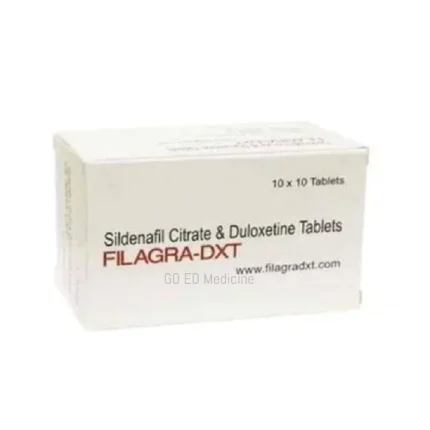
Filagra DXT 130mg Sildenafil & Duloxetine Tablet
Filagra DXT Plus 160mg Sildenafil & Duloxetine Tablet
Filagra FXT Plus 160mg Sildenafil & Fluoxetine Tablet
Lovegra 100mg Sildenafil Oral Jelly
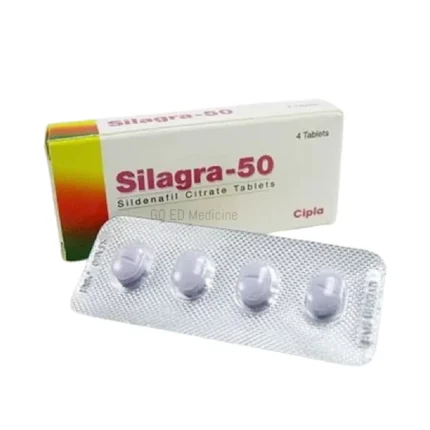
Silagra 50mg Sildenafil Tablet
$38.00 – $102.00Price range: $38.00 through $102.00Sildalist 120mg Sildenafil & Tadalafil Tablet
Sildamax 100mg Sildenafil Tablet
Sildigra 100mg Sildenafil Tablet
Silvitra 120mg Sildenafil & Vardenafil Tablet
Snovitra 20mg Vardenafil Tablet
Snovitra Professional 20mg Vardenafil Tablet
Snovitra Strong 40mg Vardenafil Tablet
Snovitra Super Power 80mg Vardenafil & Dapoxetine Tablet
Super Tadapox 100mg Tadalafil & Dapoxetine Tablet
Tadafire 40mg Tadalafil Tablet
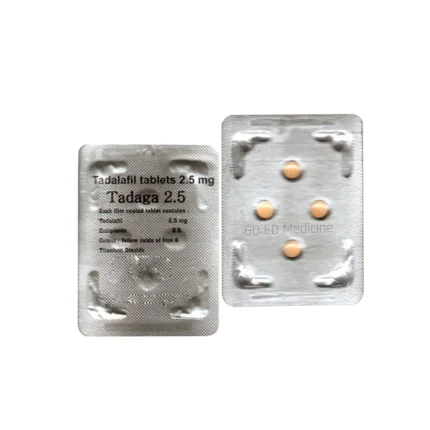
Tadaga 2.5mg Tadalafil Tablet
Tadagra 20mg Tadalafil Tablet
Tadagra 60mg Tadalafil Tablet
Tadagra Softgel 20mg Tadalafil Tablet
Tadagra Strong 40mg Tadalafil Tablet
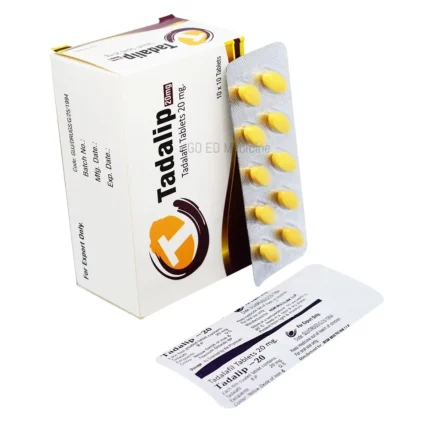

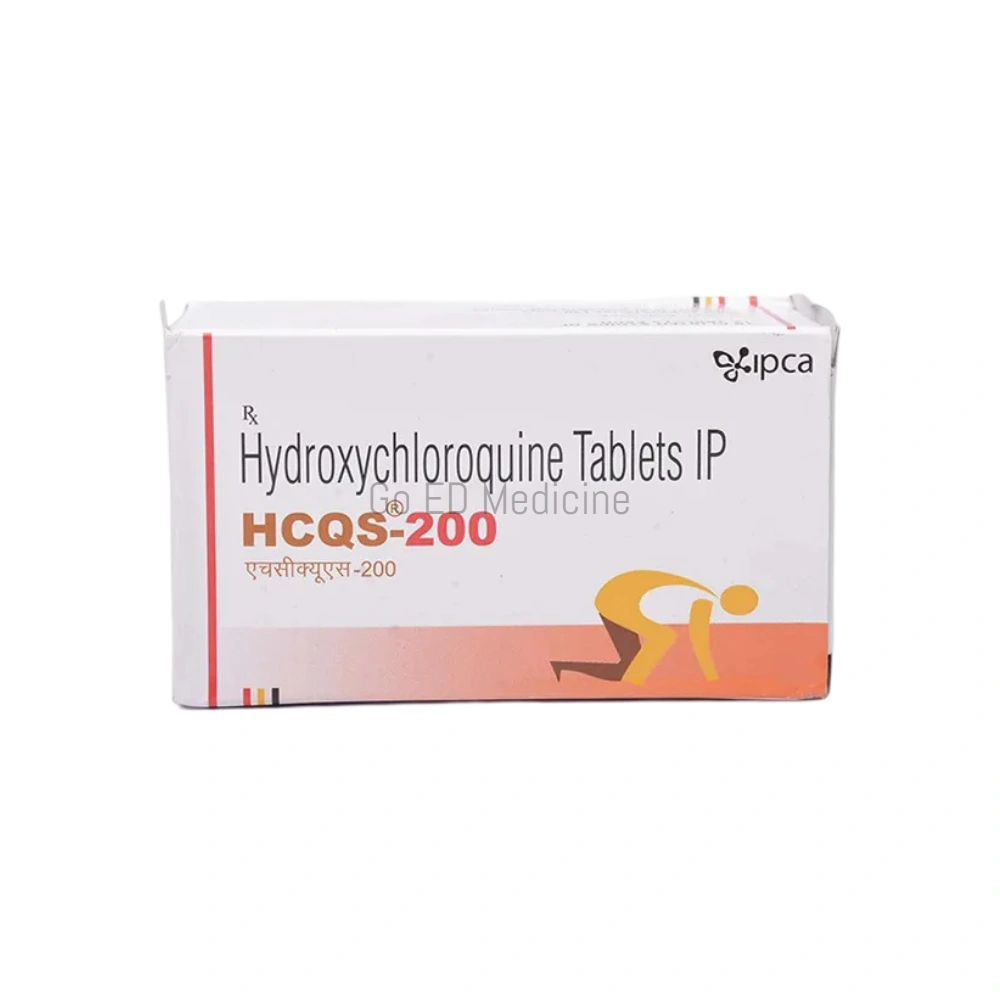
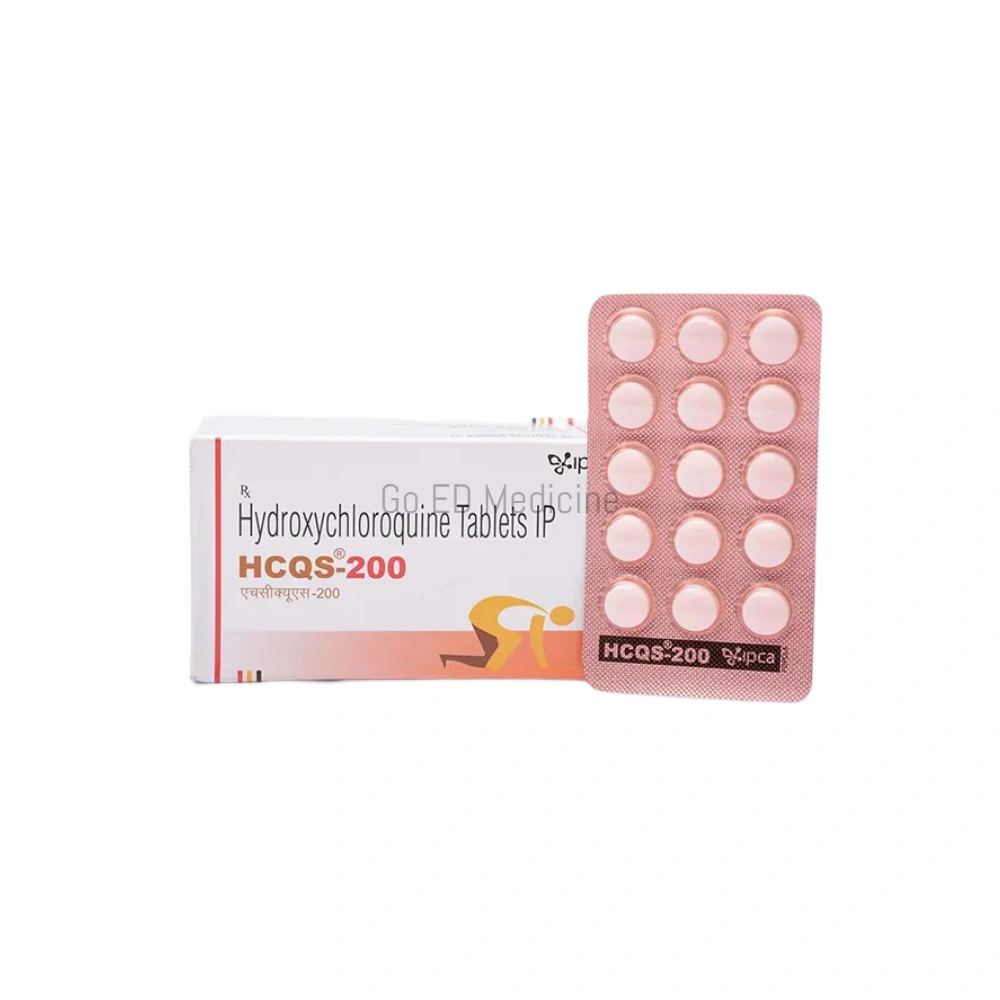
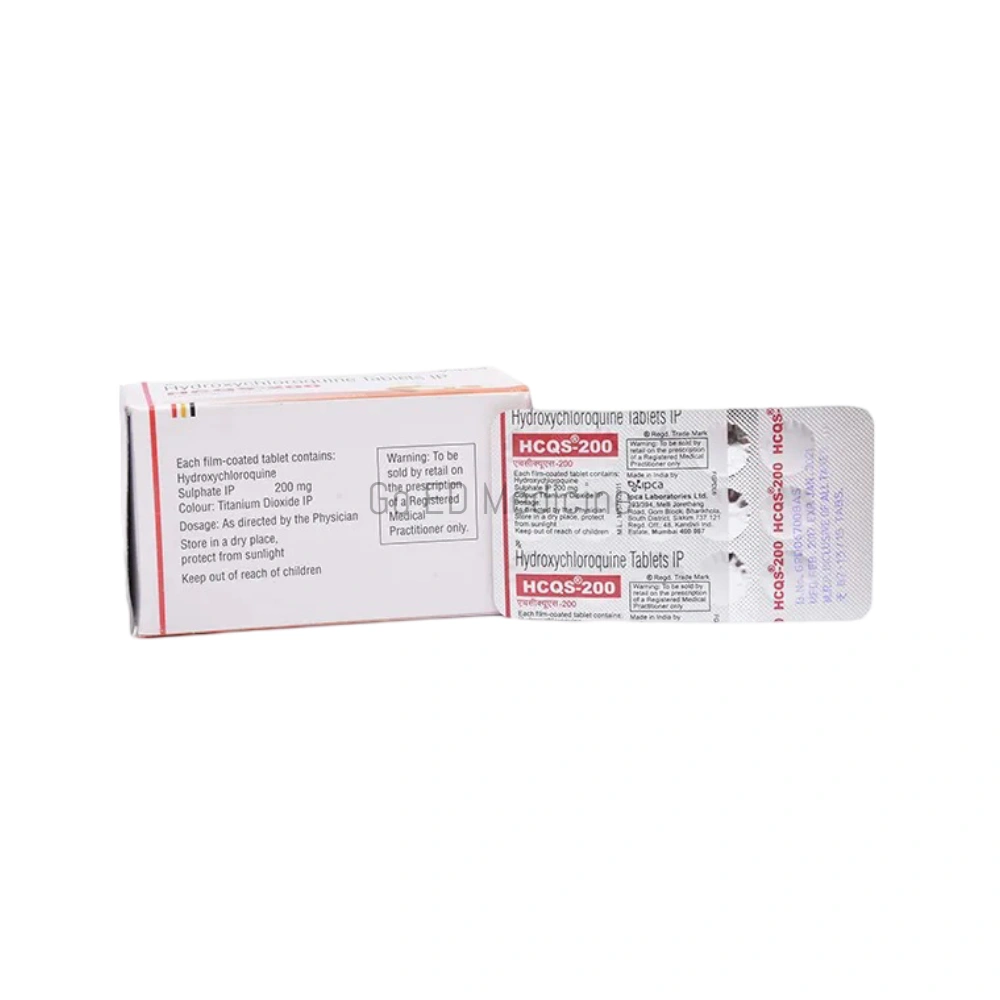
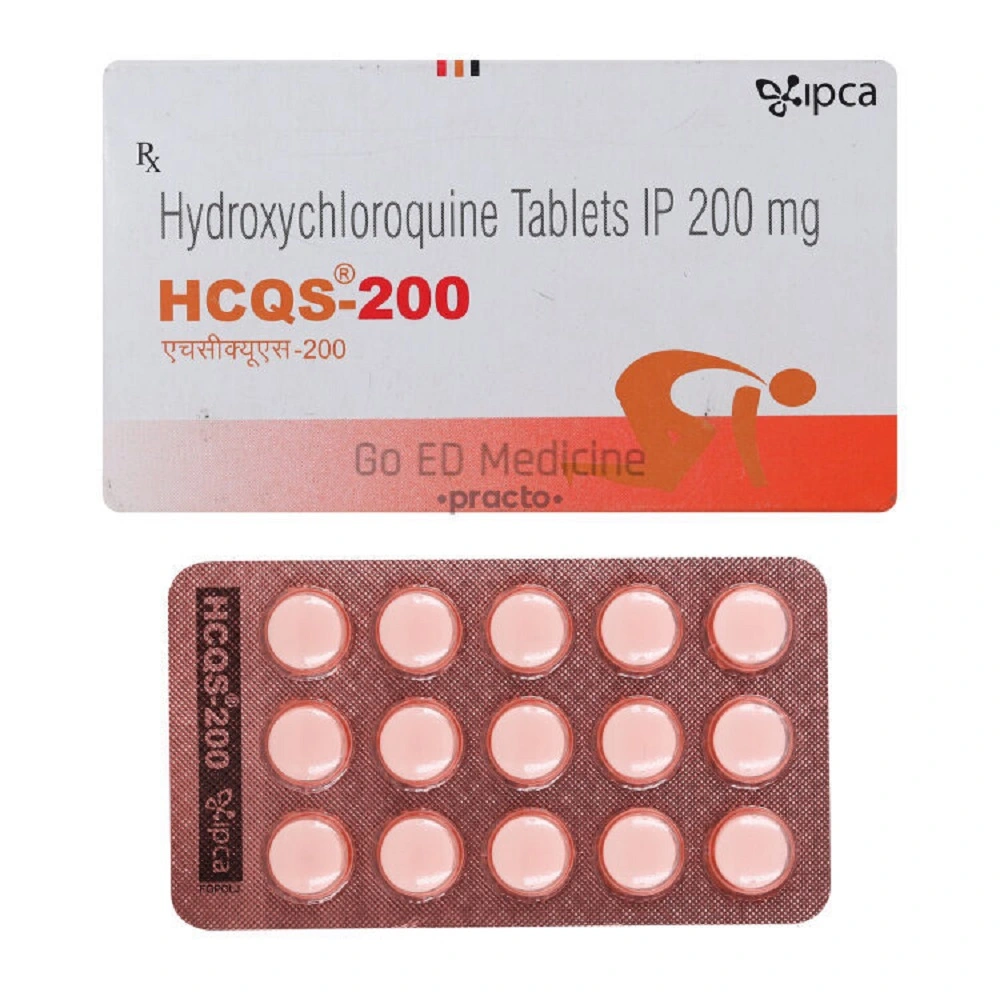
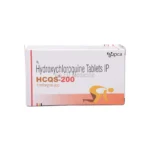
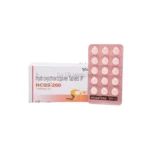
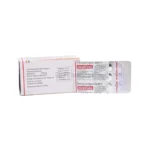
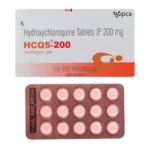
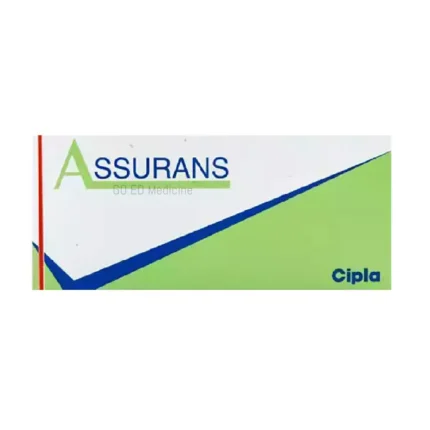


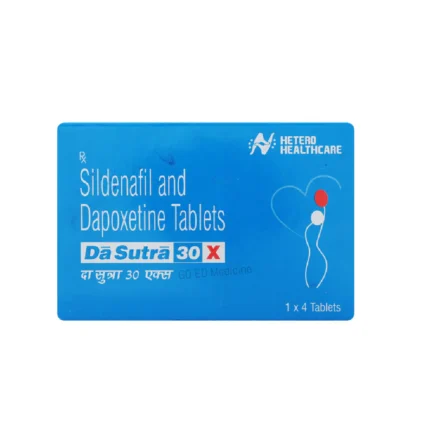
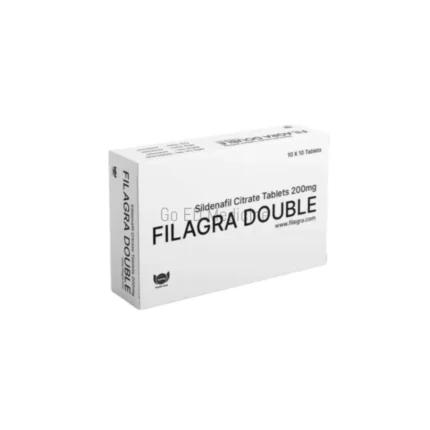
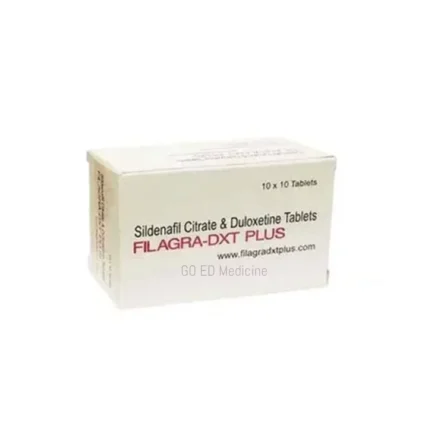
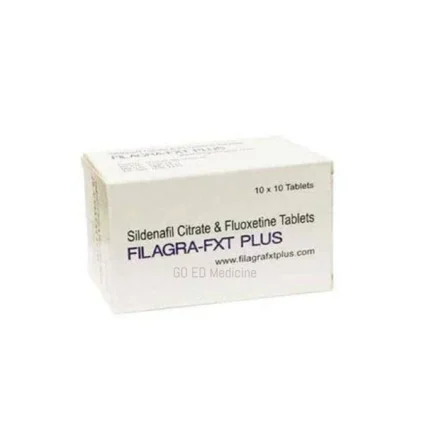



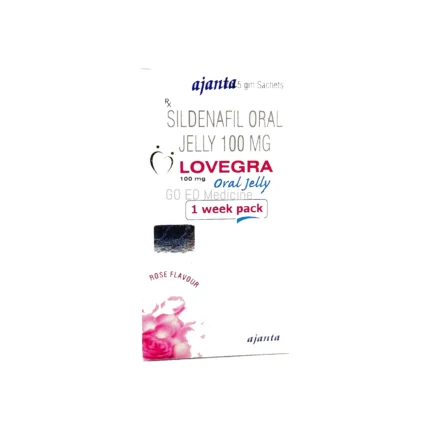
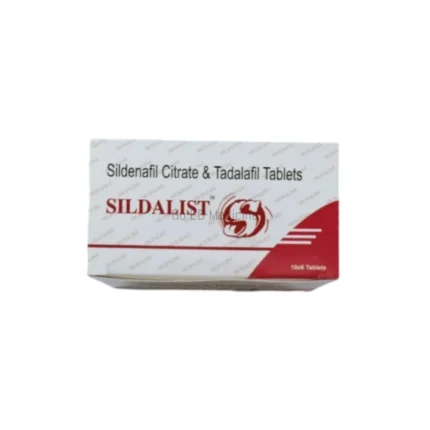
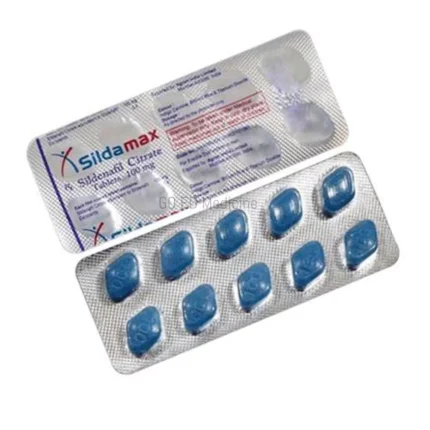
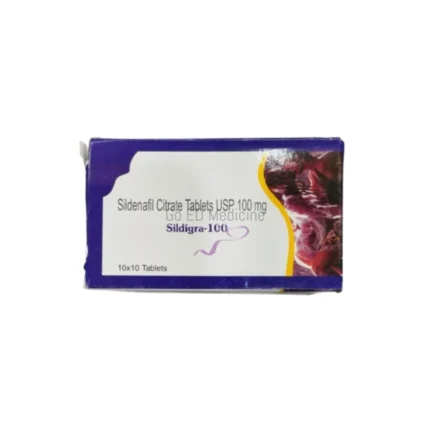
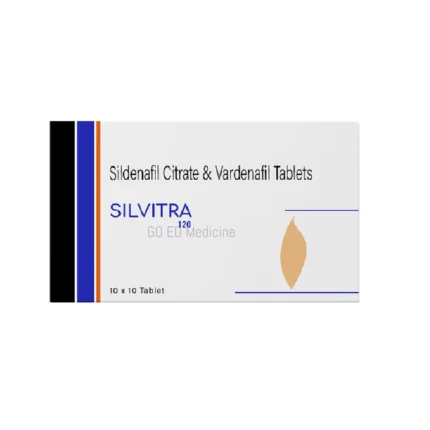
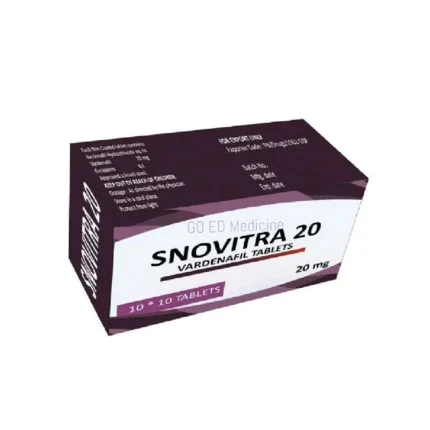
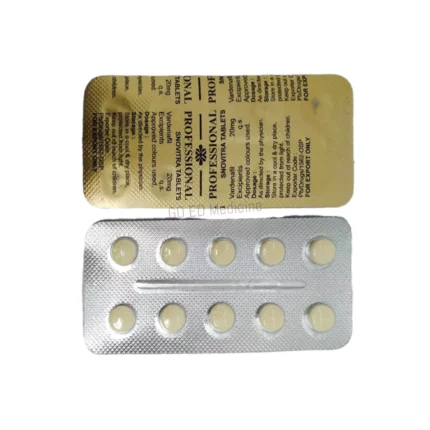
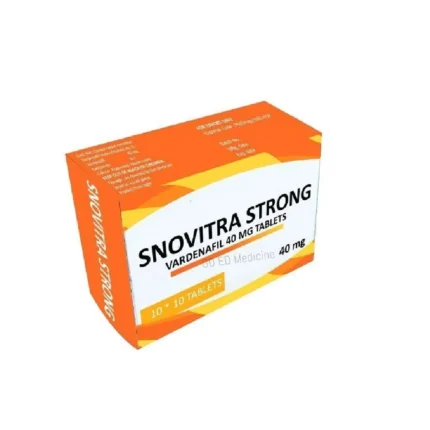
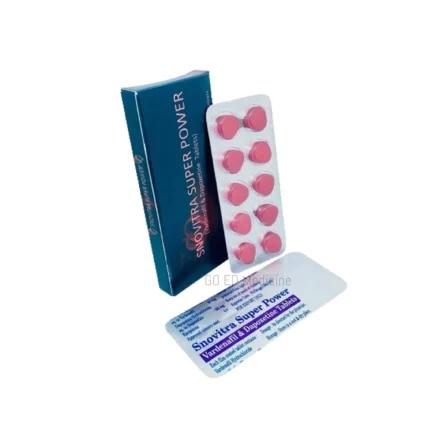
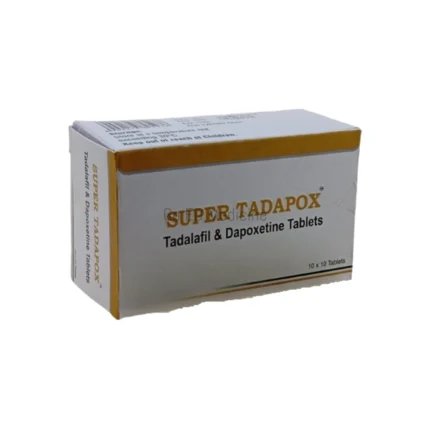
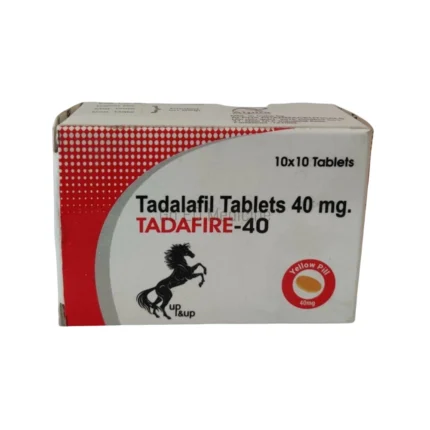
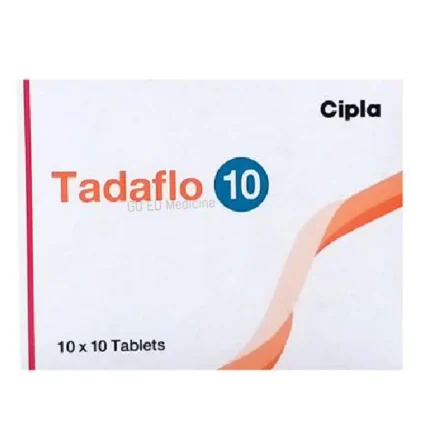
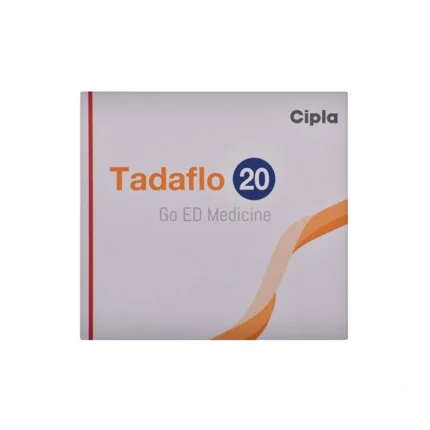
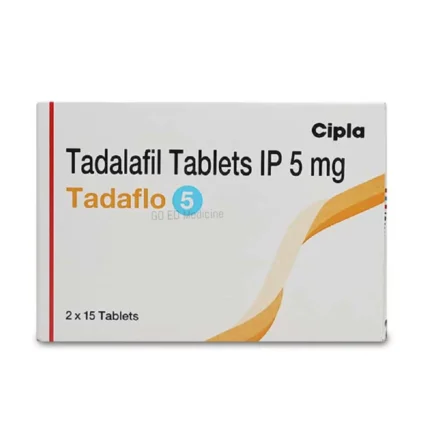
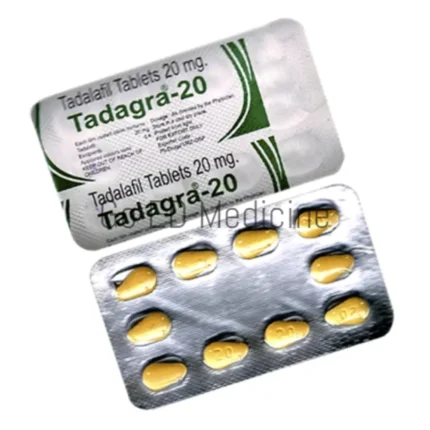
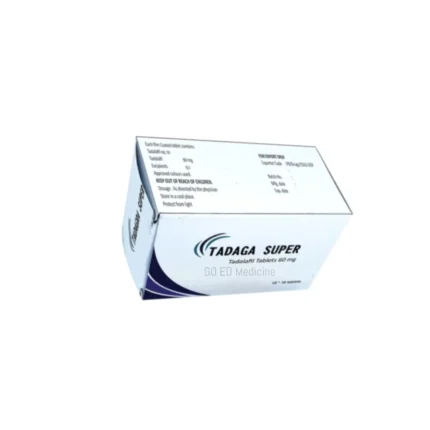

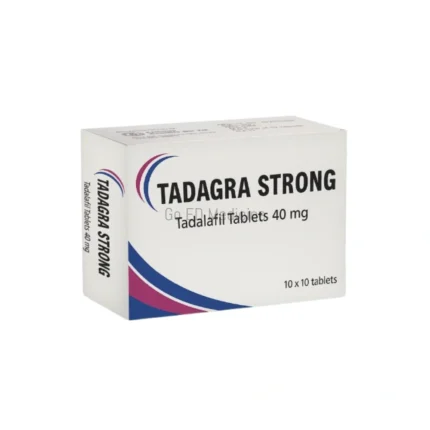
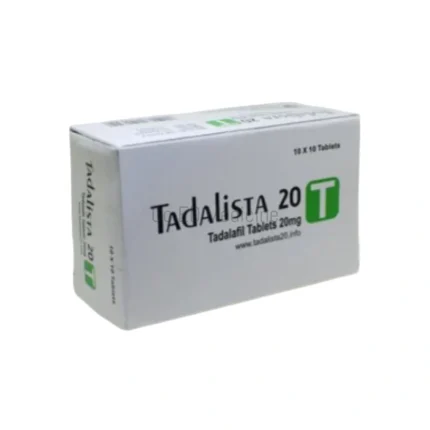
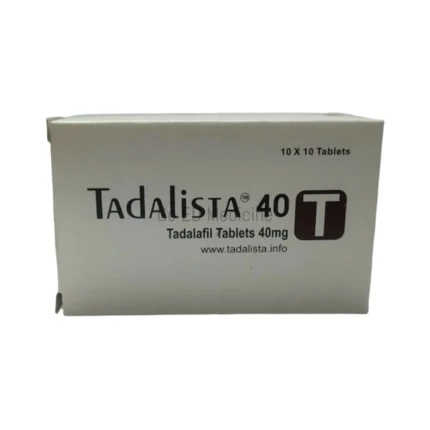
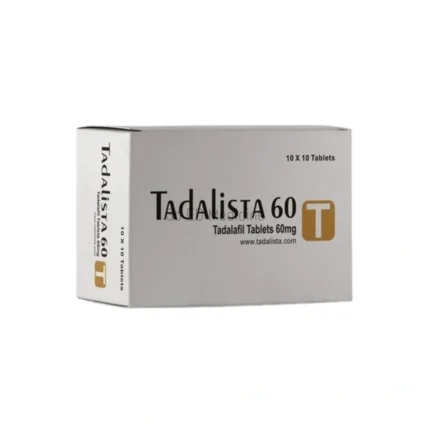
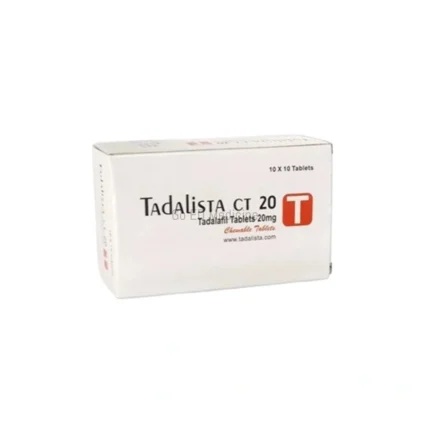
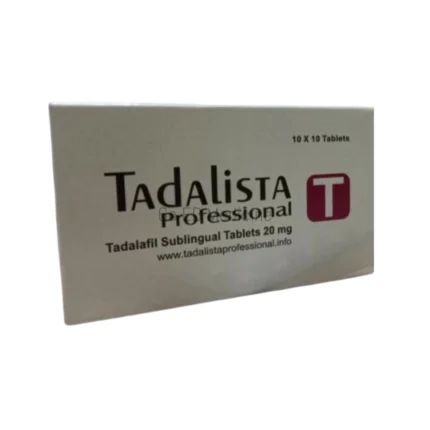


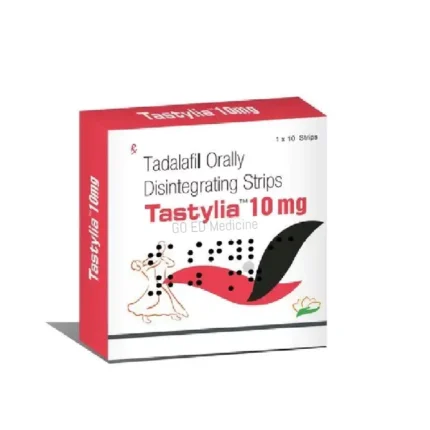
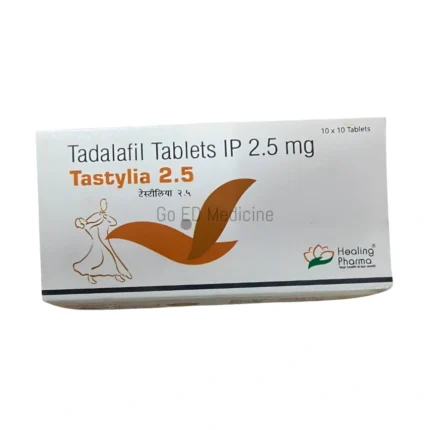
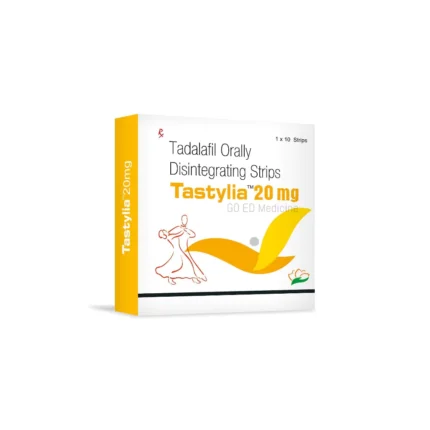
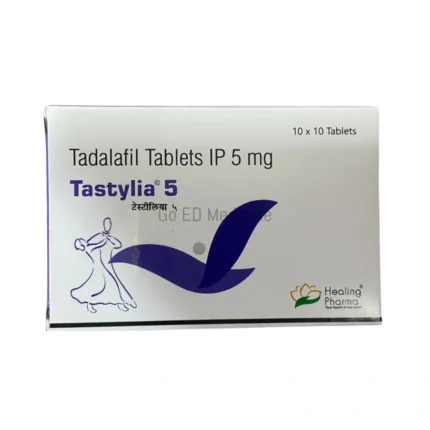
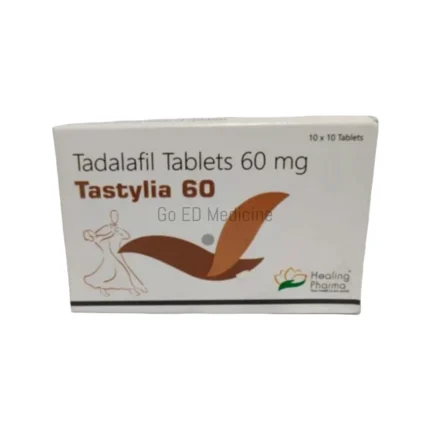
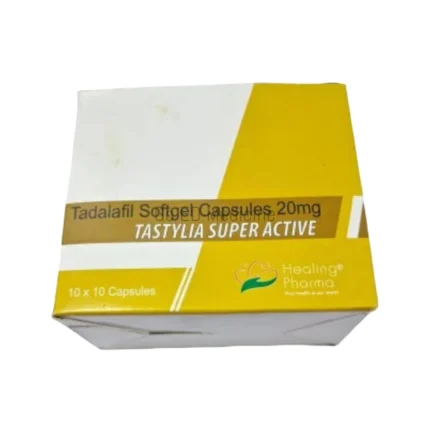
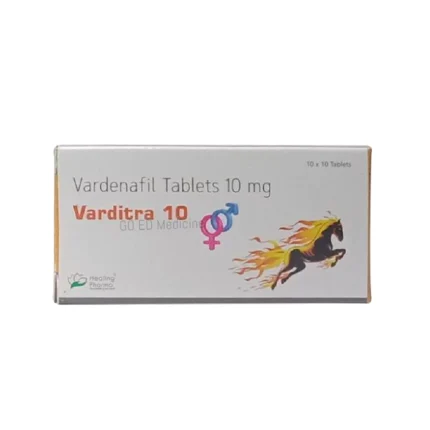
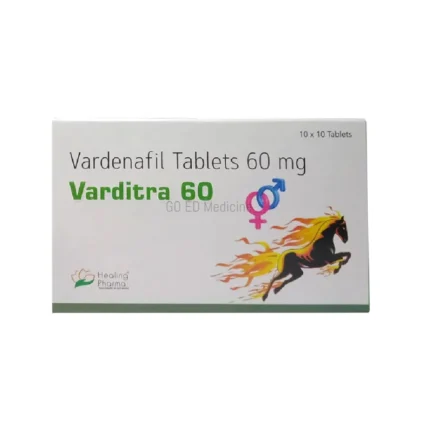
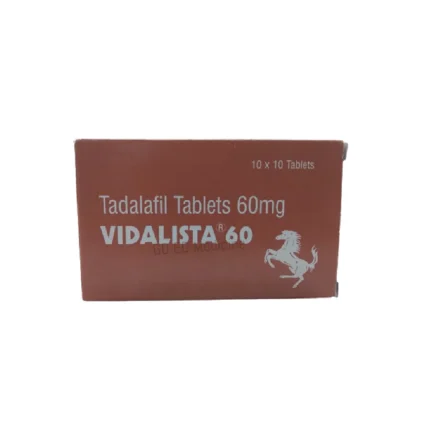
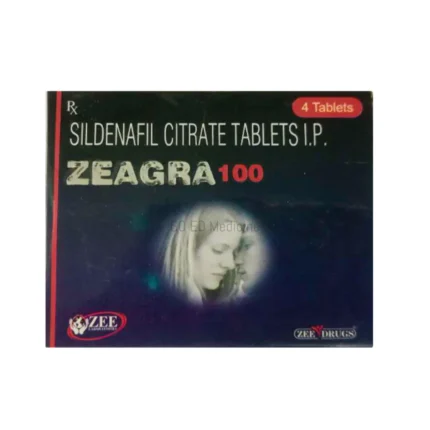
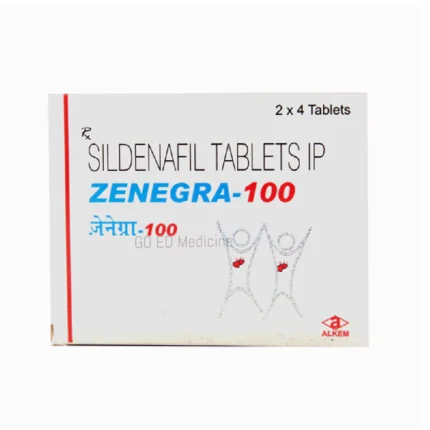
timothy –
Fast shipping to the US and they work great 👍🏼
Julisha –
So convenient to buy it online!
Peter Anuar –
The medicine worked just as described. Authentic and high-quality—will reorder soon.
Larry Bratcher –
I trust them to gave needed meds at a reasonable price.
Lavyu Ree –
Very fast, thank you.
Twiselton –
Received order quickly and correct